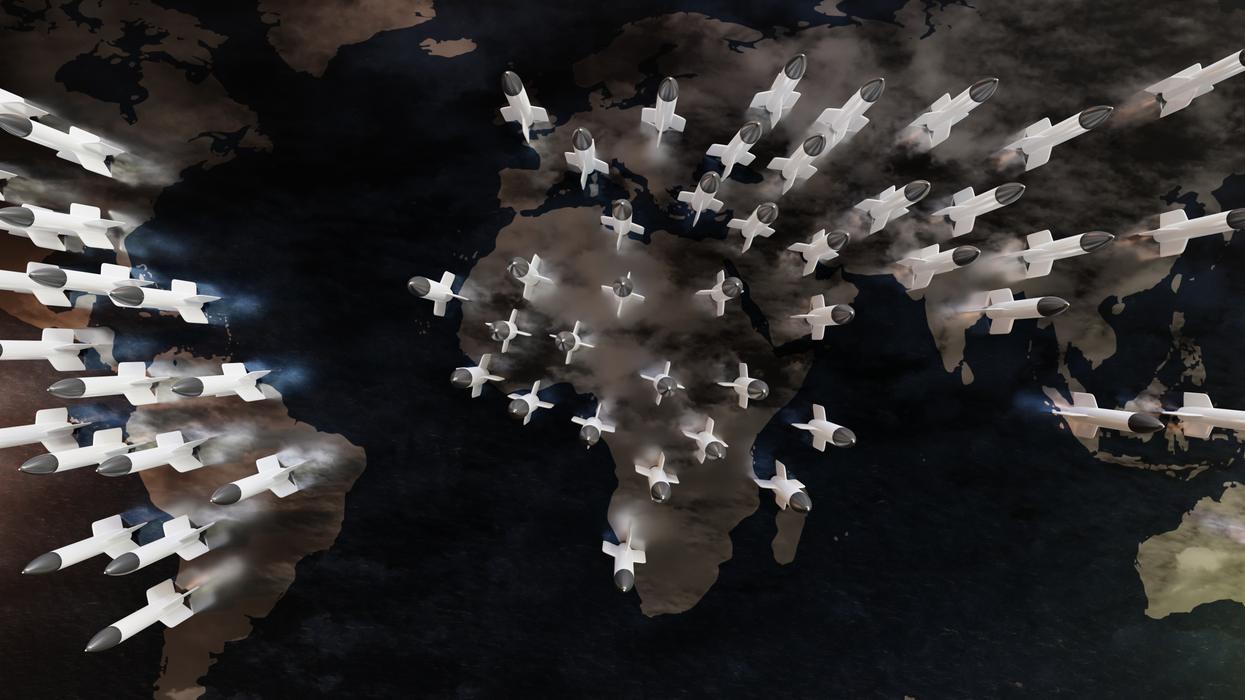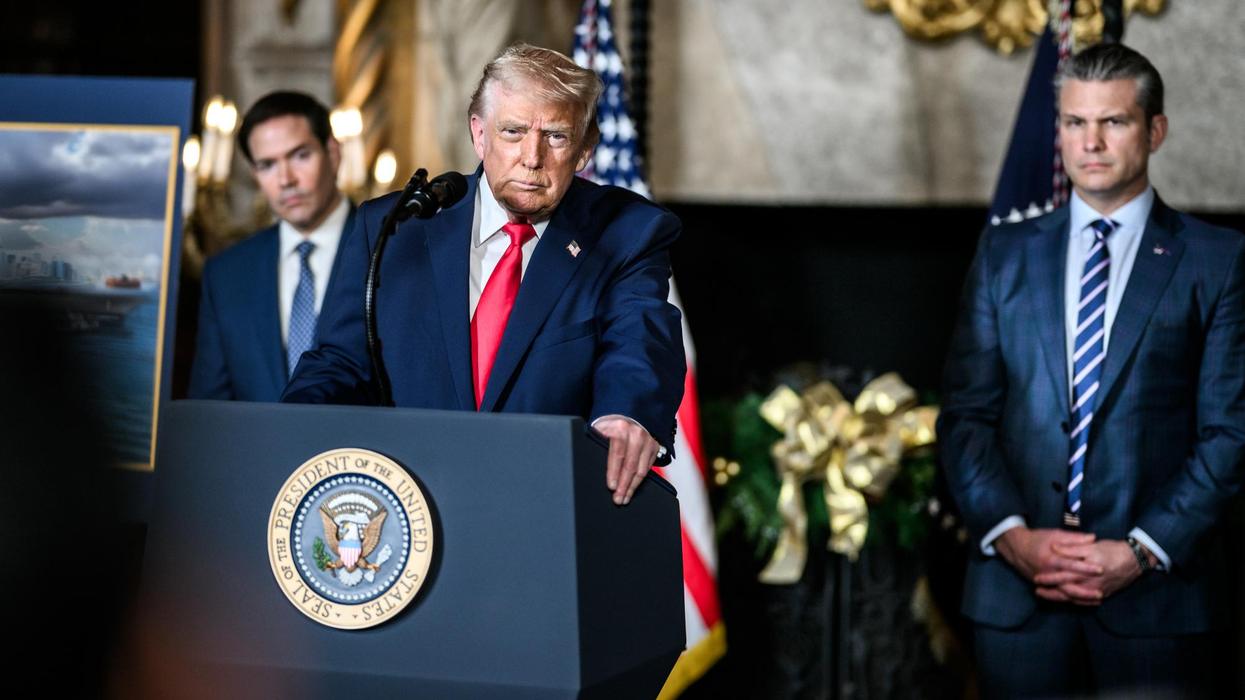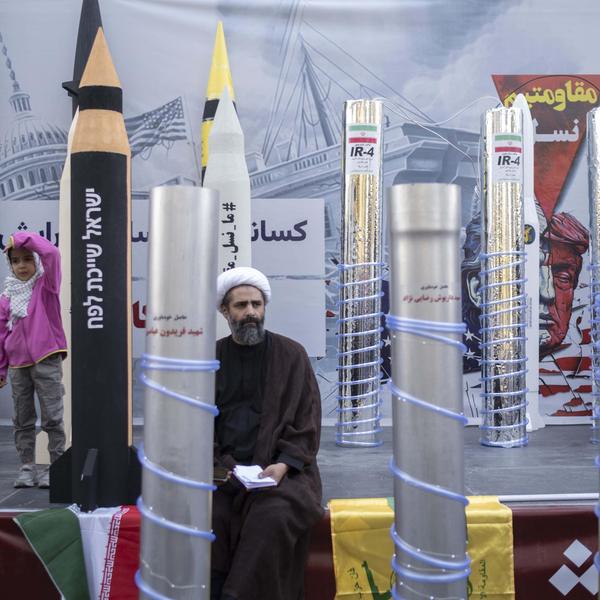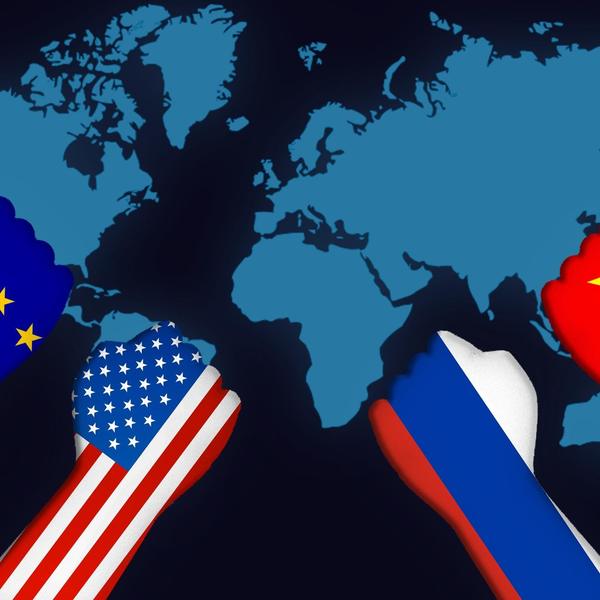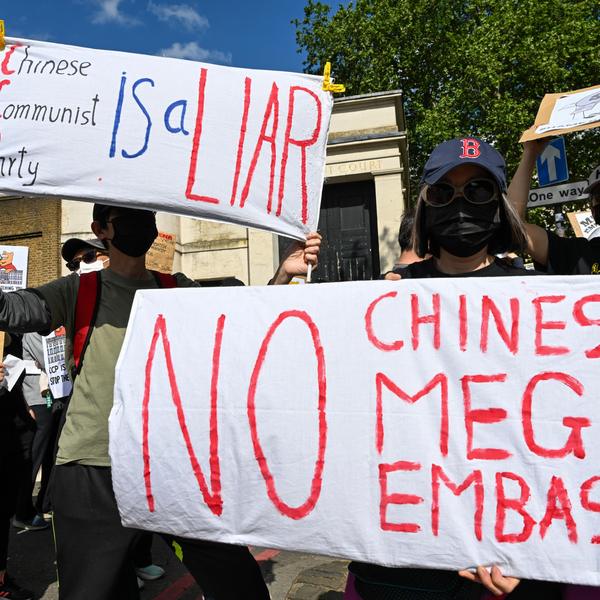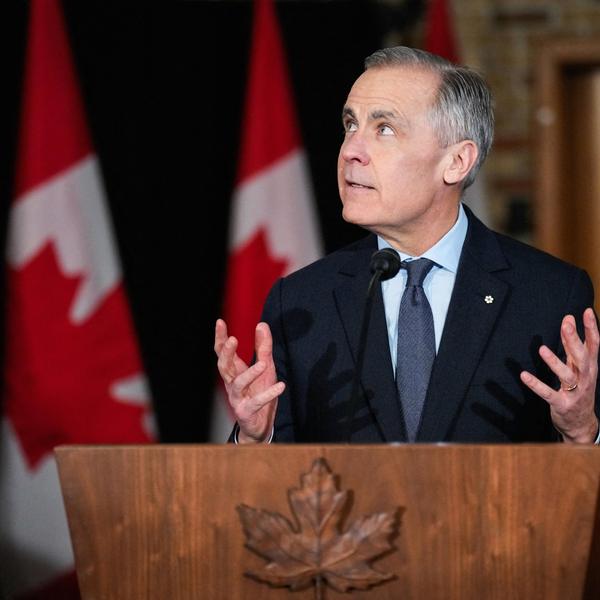South Africa’s new coalition government is likely to leave present foreign policy unchanged, despite awarding six cabinet seats to the center-right Democratic Alliance (DA), which is notably more pro-Western and pro-Israel.
However, new foreign policy initiatives may be more restrained as a result of a clause in the coalition’s declaration of intent that requires agreement between the major parties when new policies arise.
The country’s relationship with the United States will be on their minds next year as its status as a beneficiary of the African Growth and Opportunity Act comes up for review amid rising congressional criticism. The U.S. House of Representatives recently passed legislation requiring the Biden administration to conduct a full review of the U.S. relationship with South Africa.
Triggered by opposition to Pretoria’s relations with Russia, China, and Iran, it would require the administration to report on whether South Africa “has engaged in activities that undermine U.S. national security or foreign policy interests.” The legislation is unlikely to pass in the Senate.
President Joe Biden told his South African counterpart, President Cyril Ramaphosa, on Tuesday evening that should he win a second term he intends on coming to South Africa for next year’s G20 summit which Ramaphosa will host as G20 chair in 2025, and Ramaphosa invited Biden for a state visit.
Biden called to congratulate Ramaphosa on his re-election and successful formation of a multiparty coalition government after Ramaphosa’s African National Congress (ANC) suffered a severe setback, falling from 57% to 40% in the May 29 poll.
In coalition talks, Ramaphosa successfully prioritized retaining almost all ideologically sensitive ministries, including international relations, defense and intelligence, as well as finance and trade and industy, in the hands of his ANC. He conceded six domestic portfolios out of 32 to the DA, and another six to smaller, ideologically conservative parties for a total of 12.
The newly appointed minister of international relations and cooperation, Ronald Lamola, who is 40, has publicly endorsed the policies of his predecessor, Naledi Pandor, a Muslim and passionate supporter of Palestine, who did not make it back to parliament given the ANC’s election setback.
Unlike Pandor, who spent many years in exile, Lamola is part of a new generation of leaders who stayed in South Africa before liberation. He was 10 when Nelson Mandela was sworn in as the first democratic president.
He is likely to maintain Pandor’s policy positions, having worked on the case against Israel at the International Court of Justice in his previous role as justice minister, but he has less experience with international affairs.
The DA and some smaller parties with a seat in the cabinet are likely to moderate the rhetorical tone of South African anti-Western criticism and emphasize South Africa’s important Western export markets for high-value sale of South African cars, wine, and agricultural goods.
The DA and other coalition parties have expressed fear that South Africa’s criticism of Western policies and growing ties with Russia could jeopardize important trade ties.
DA leader John Steenhuisen, now minister of agriculture, travelled to Ukraine early in that war to voice strong support for Ukraine and criticized the government for appearing to be neutral while calling President Vladimir Putin long before it contacted his Ukrainian counterpart.
Steenhuisen’s party has also objected to South Africa downgrading its Israeli embassy, and its decision to withdraw all diplomats from Israel and suspend diplomatic ties in November last year. His party has been less enthusiastic about South Africa’s role in BRICS.
The new government includes two small parties, the pro-Palestinian Al Jamma-ah party, which is not represented in the new cabinet, and the strongly pro-Israel Patriotic Alliance, led by former gangster and bank robber Gayton McKenzie, who is the new minister of sport, arts and culture.
The ANC made foreign policy a significant campaign issue, criticizing opposition parties for failing to speak out against Israel’s incursion into Gaza, but polling indicated that it had little impact on voters, who were guided mostly by domestic concerns in an economy that has not grown through both the nine-year presidency of Jacob Zuma and Ramaphosa’s six years in office.
The coalition government, which the president describes as a government of national unity, was concluded surprisingly fast after the results showed this was the only way to keep out two radical parties which vowed to change the constitution.
Both the ANC and most of its opponents in the DA and other small parties who joined the coalition have a strong incentive to stay together despite seemingly large ideological differences.
While the ANC lost 17% of its support, the DA was not able to capitalize on the ANC’s unpopularity as a result of years of well-publicized corruption, gaining only a single percent to garner 21.81% of the vote.
Both major parties and analysts were stunned at the success of Zuma’s new Mkhonto we Sizwe Party (MKP), taking 14.58% in last month’s poll after being established only six months ago.
Combined with the radical Economic Freedom Fighters, with 9.52%, they pose a threat to both the ANC and DA. This was undoubtedly the main reason the DA reversed its historic opposition to working with the ANC, and swallowed its differences and joined the government.
The coalition talks took one month, and included several public spats. One provincial government, Gauteng, home of the country’s commercial capital, Johannesburg, remains in deadlock. The Gauteng ANC, if left to its own devices, would probably have chosen the MKP and EFF as partners over the DA, which has accused them of negotiating in bad faith.
So far the ANC national leadership have stepped in successfully to prevent a complete breakdown in those talks, but however they are resolved, the DA has confirmed that this conflict will not spill over into the national coalition agreement. If they cannot agree, the DA will return to opposition benches in this province. DA ministers were sworn in on Wednesday.


